Britain & Ireland
What was it about industrialisation that led to the emergence of a woman’s movement in Victorian Britain? Why do we see so many people fighting for so many rights and liberties in this period and what are the origins of some of the issues we still campaign on today? This section includes our major series on Social and Political Change in the UK from 1800 to the present day. There are also articles and podcasts on the often violent relationship between England and Ireland during this period and England’s changing relationship with Scotland and Wales. Read more
Sort by:
Date (Newest first) | Title A-Z
Show:
All |
Articles |
Podcasts |
Multipage Articles
-

Britain and the Formation of NATO
ArticleClick to view -
Britain's Olympic visionary
ArticleClick to view -

Britain’s Jews and the First World War
ArticleClick to view -

British Christians and European Integration
ArticleClick to view -

British Cooperation with the Zionist Agency in Palestine 1940-42
ArticleClick to view -
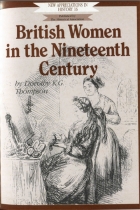
British Women in the Nineteenth Century
ArticleClick to view -
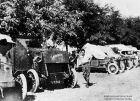
British armoured cars on the Eastern Front in the First World War
ArticleClick to view -
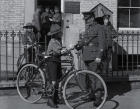
British organised youth and the First World War
ArticleClick to view -

British-Army camp followers in the Peninsular War
ArticleClick to view -

Buffalo Bill and his Wild West show opens London's Earl Court in 1887
ArticleClick to view -

Cartooning King Cotton
ArticleClick to view -
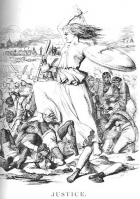
Cartoons and the historian
ArticleClick to view -
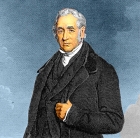
Catch me if you can: Trevithik vs. Stephenson
ArticleClick to view -

Central and Local Government in Scotland Since 1707
ArticleClick to view -

Chamberlain Day and the popular meaning of Tariff Reform
ArticleClick to view -
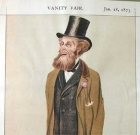
Charles Gilpin
ArticleClick to view -
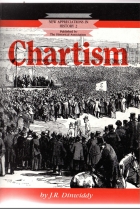
Chartism
ArticleClick to view -

Child Health & School meals: Nottingham 1906-1945
ArticleClick to view -

Child labour in eighteenth century London
ArticleClick to view -

Cholera and the Fight for Public Health Reform in Mid-Victorian England
ArticleClick to view

